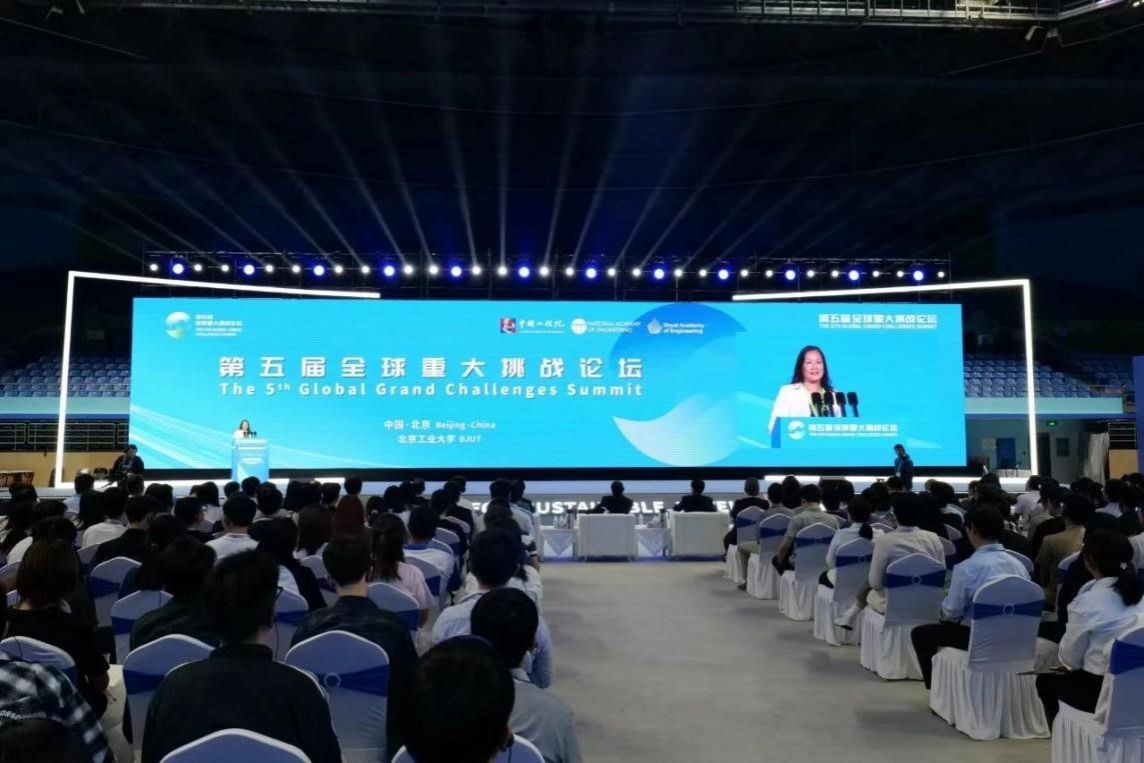
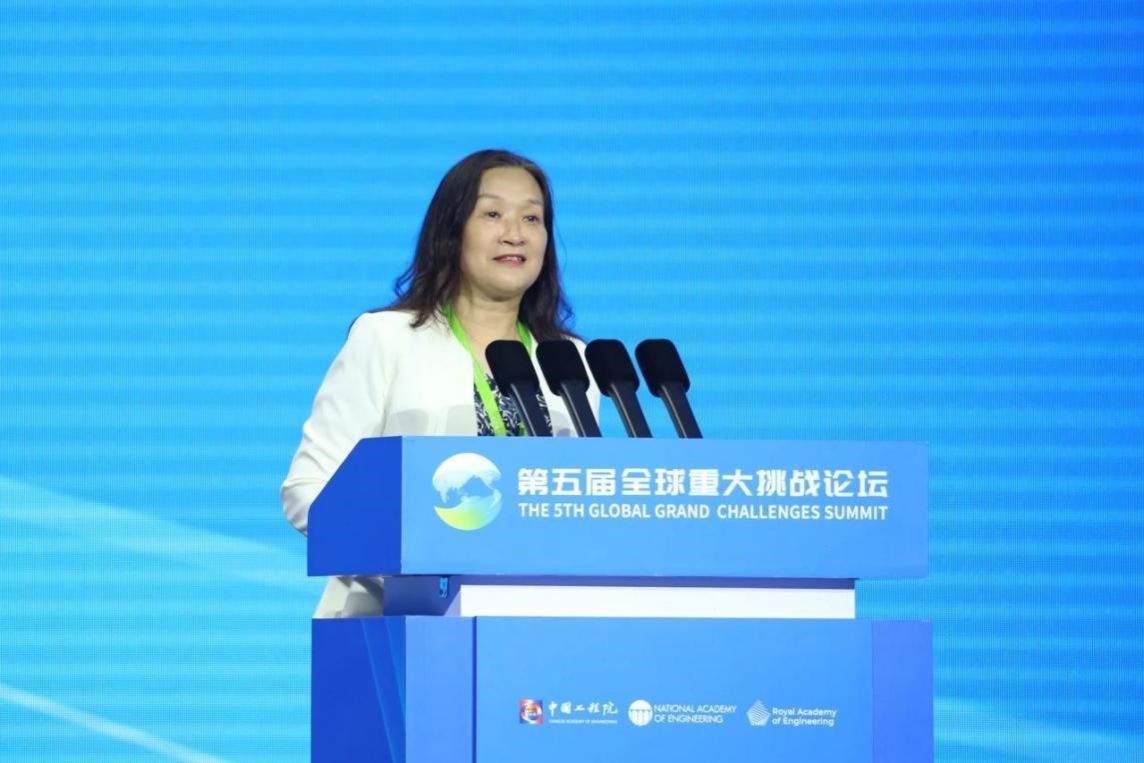
On September 20th, the 5th Global Grand Challenges Summit (GGCS) entered its third session, focusing on "Engineering Approaches to Digital Economy". The keynotes and panel discussions were chaired by Chen Xiaohong, CAE Member and Secretary of the CPC Committee at Hunan University of Technology, and Business & Director of Xiangjiang Laboratory.
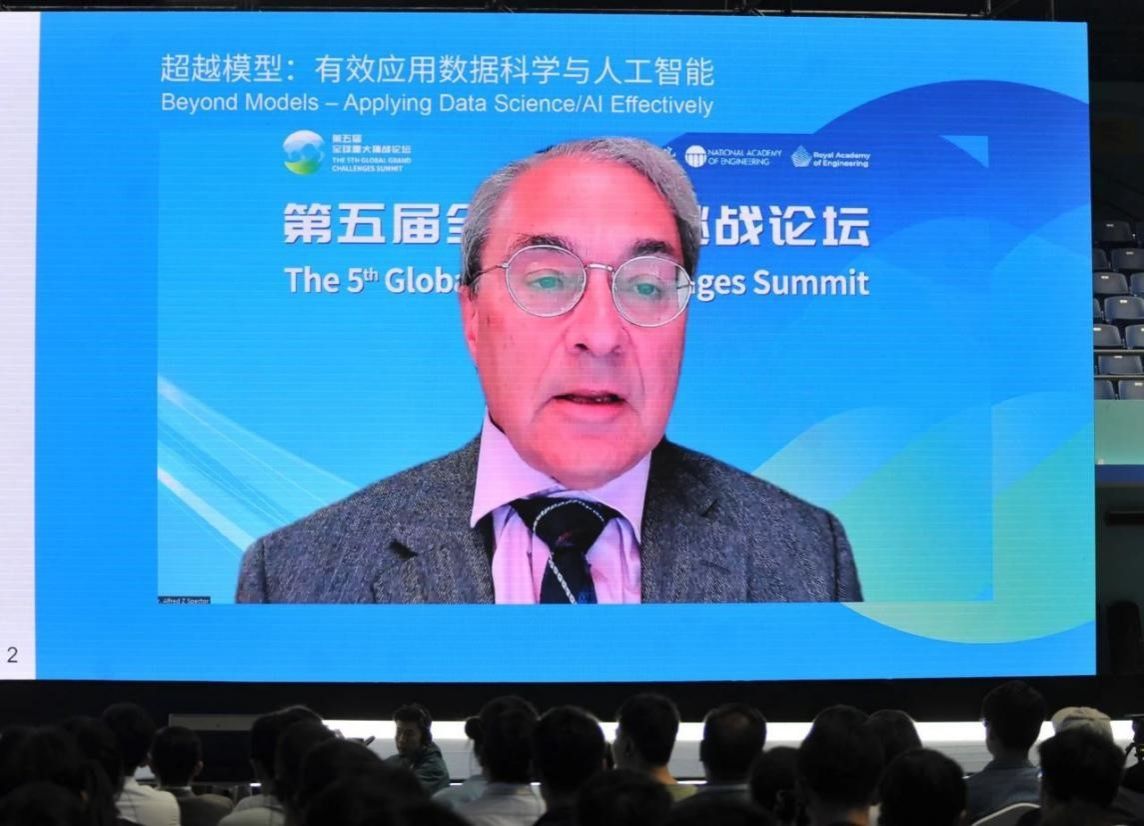
Alfred Spector, NAE Member & Visiting Scholar at MIT and Senior Advisor at Blackstone, delivered a keynote on "Beyond Models - Applying Data Science/AI Effectively". The report pointed out that applying data science and artificial intelligence effectively requires a considerably broader focus than just data, statistics, and machine learning. Based on a recent book co-author by himself and others, the report distilled these additional challenges into a simple rubric and illustrates its application with a number of examples. The rubric is practically useful to engineers and product managers, and illustrates the limitations inherent in the current state of the art.
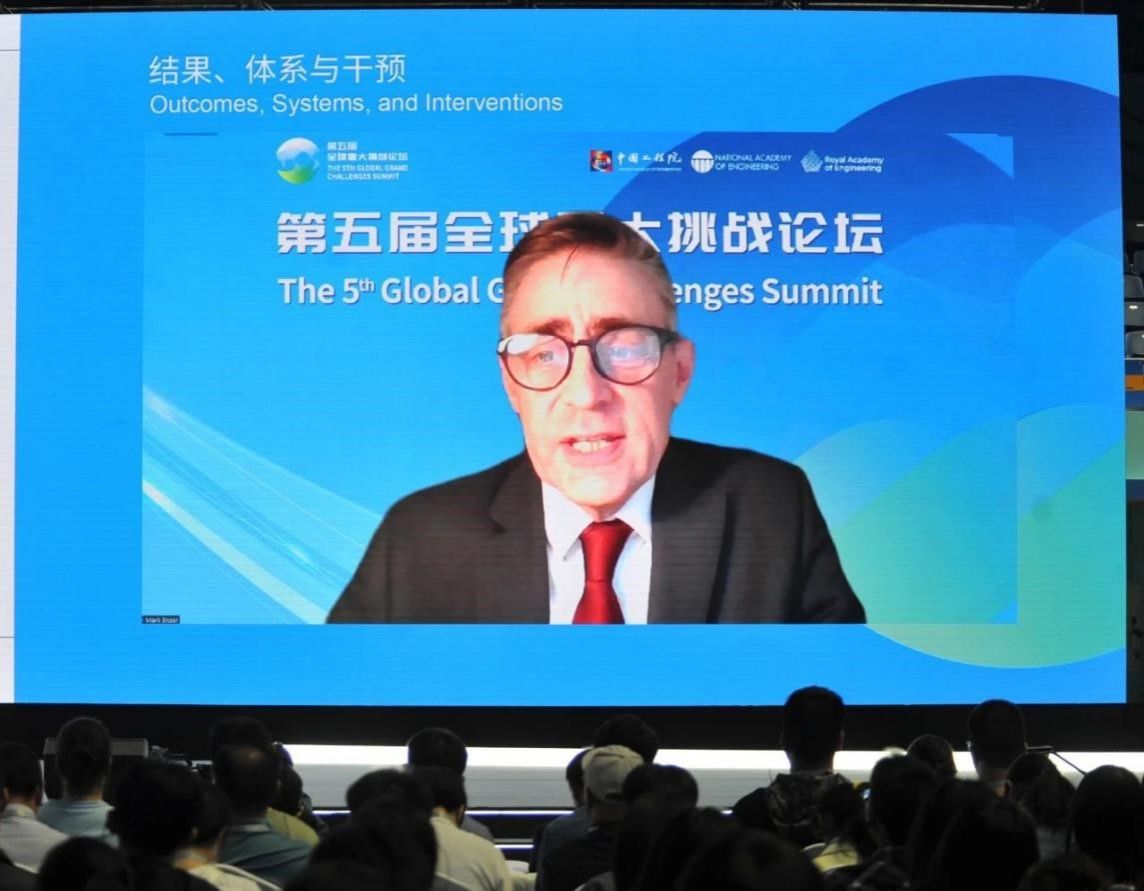
Mark Enzer, RAEng Fellow & Visiting Professor at University of Cambridge & Strategic Advisor, Mott MacDonald, delivered a keynote on "Outcomes, Systems, and Interventions". The report briefly explored the connection between outcomes, systems and interventions and made a case for adopting an ecosystem of connected digital twins to increase the performance of our existing built environment and improve the delivery of new infrastructure assets. As the report stressed, It's time that we saw the built environment differently, not as a series of construction projects, but as a system of systems whose explicit purpose is to enable people and nature to flourish together for generations.

Wu Hequan, CAE Member, delivered a keynote on "Innovating Network Technology to Empower the Development of the Digital Economy". It summarized the main development trends of network technology based on large broadband, large connectivity, large platforms, and large models, including the inter-generational leap from 5G to 5.5G/6G, ubiquitous connectivity from ground to low orbit satellites, evolution from IPv4 to IPv6, development from on-site operating systems to industrial Internet platforms, and applications from PaaS/SaaS to MaaS (model as a service). The report pointed out that the development of network technology has improved performance, enhanced network resilience and security, and effectively supported the development of the digital economy.
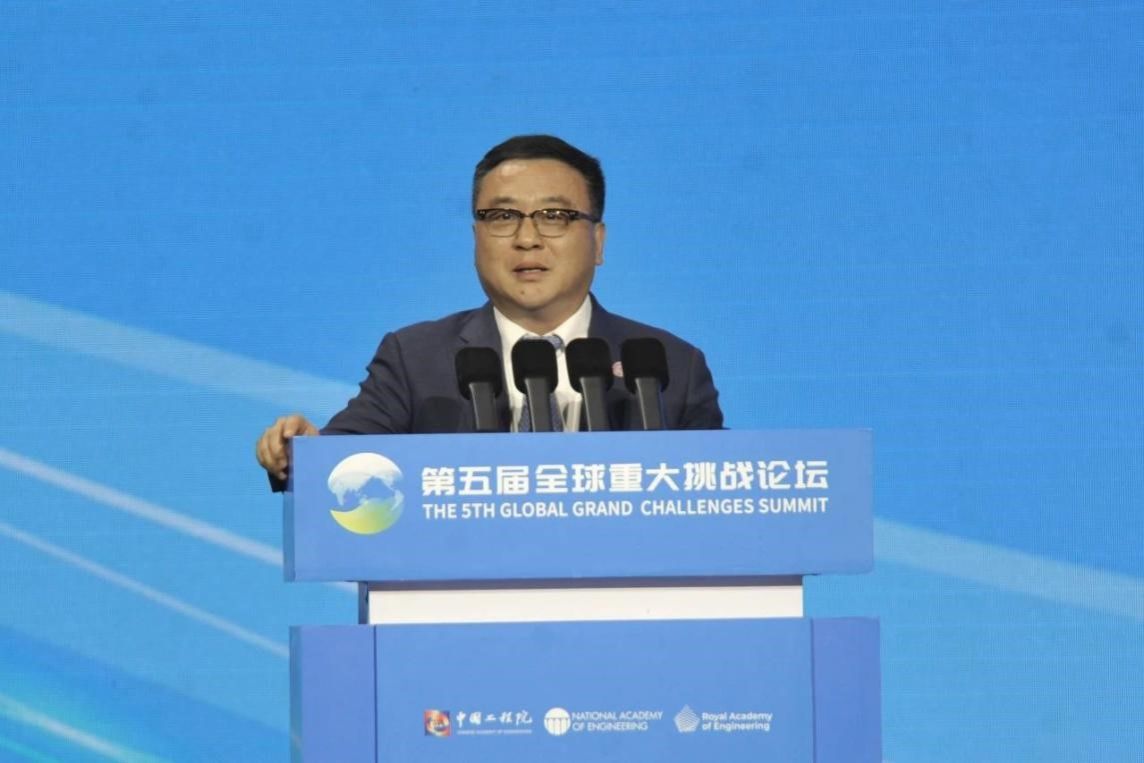
Zhang Yaqin, CAE Foreign Member and Dean of Institute for AI Industry Research of Tsinghua University, delivered a keynote on "Advances in Autonomous Driving". The report pointed out that AI has become a critical technology for the new digital economy. Of particular interest is the autonomous driving technological breakthrough that is profoundly changing the automotive and transportation industry. Autonomous driving presents a historical opportunity to transform the academic, technological, and industrial landscape with advanced sensing and actuation, high definition mapping, new machine learning algorithms, smart planning and control, new 5G/6G infrastructure, and cloud and edge computing. Indeed, as the report stated, we have witnessed unprecedented innovation and activities in the past five years in R&D, investment, joint ventures, road tests and commercial trials, from auto makers, tier-ones, and new forces from the internet and high-tech industries.
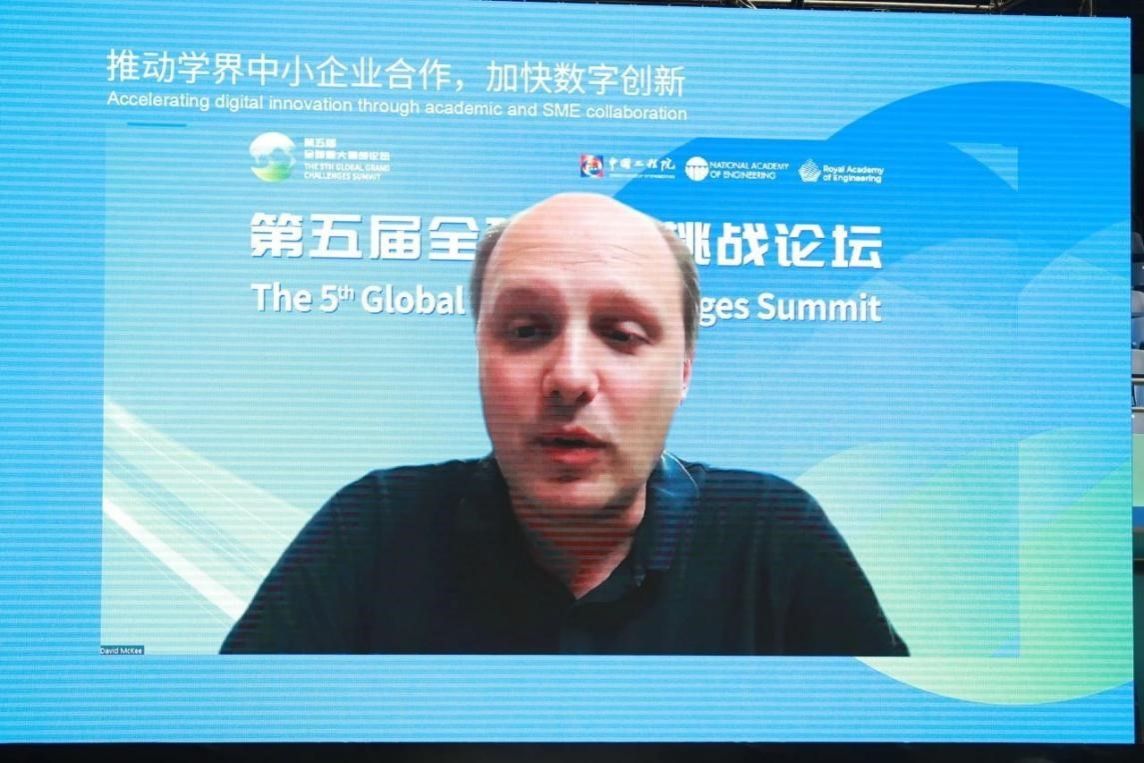
David McKee, Managing Partner, Counterpoint Technologies; CTO in Residence, University of Leeds; Chair, Digital Twin Consortium; CTO, Crysp Digital Compliance, delivered a keynote on "Accelerating Digital Innovation Through Academic and SME Collaboration". The report highlighted that at the cutting edge of innovation are academics and SMEs who are constantly breaking the rules of what is possible. However too often they take a "not built here attitude" and don't collaborate. The report looked at the product of collaboration within the context of digital twins and the impact that is having through case studies. It also briefly explored the best practices for building digital twins that are accelerating innovation through collaboration.
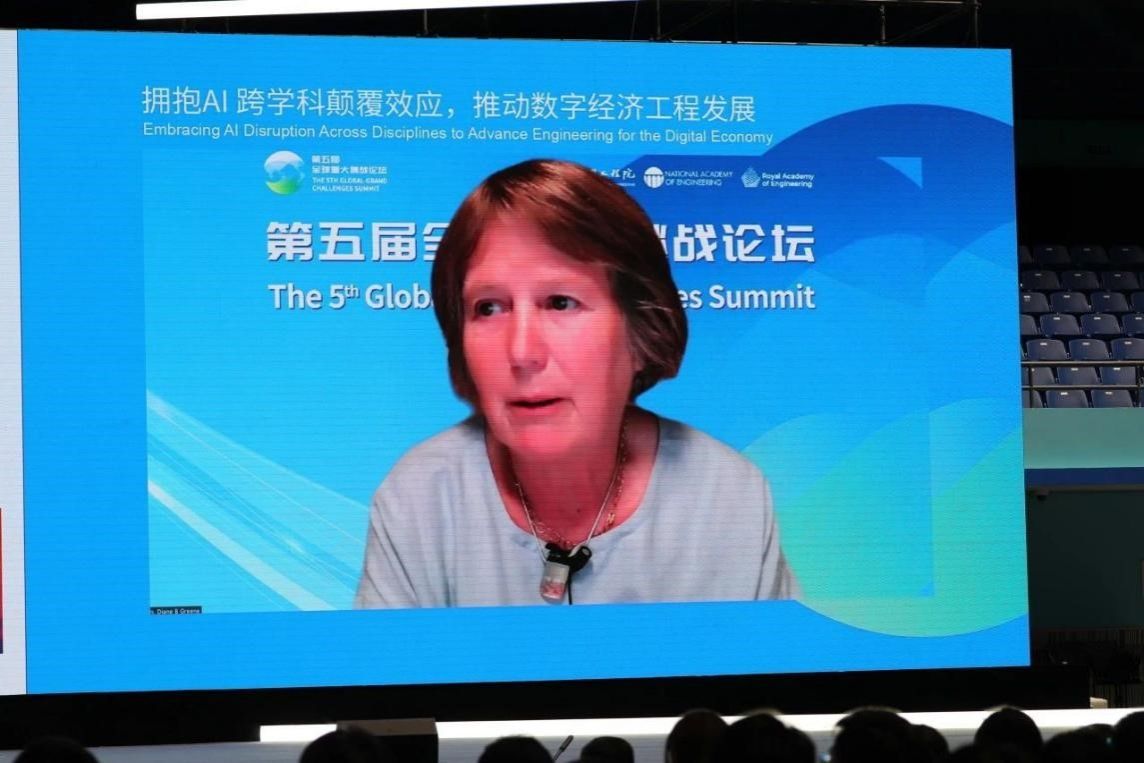
Diane Greene, NAE Member & Member of the Board of Directors of Stripe and A.P. Moller Holding, delivered a keynote on "Embracing AI DisruptionAcross Disciplines to Advance Engineering for the Digital Economy". According to the report, engineers have long exploited new technologies to solve problems. Today's unprecedented rapid AI advances—smarter-than-human intelligence coupled with applicability to everything—accelerate engineers' work to solve the world's most complex issues. Unlike earlier breakthrough technologies that took years before their widespread adoption, AI's rapid advancement has stoked urgent concerns about the downsides, including humanity's potential eradication. These fears have resulted in experts calling for a "pause". Greene reasoned that it was too late to put the AI genie back in the bottle. Engineers have handled bad and good tool use for all previous technology breakthroughs. They can and must do the same for AI, even though its capabilities are entering uncharted territory. Today, engineers are applying AI aggressively for good, and rather than trying to hold that progress back. As the report emphasized, we should double down on the good, including mitigating potential harms.
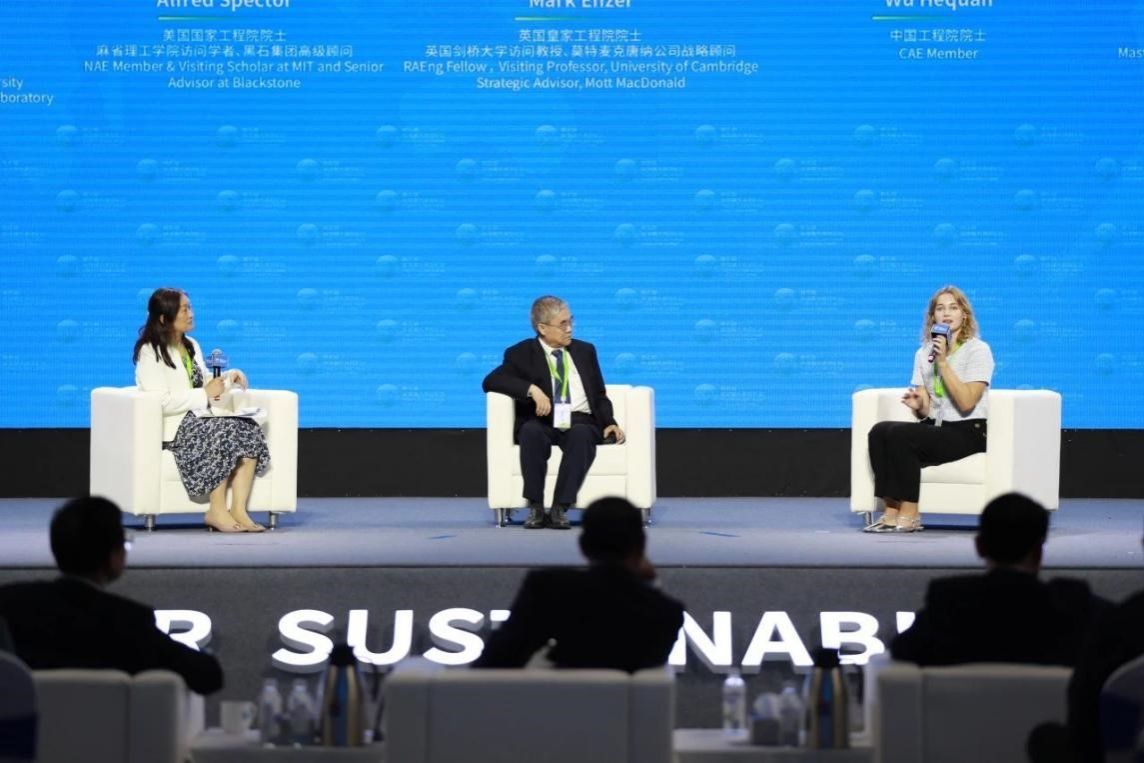

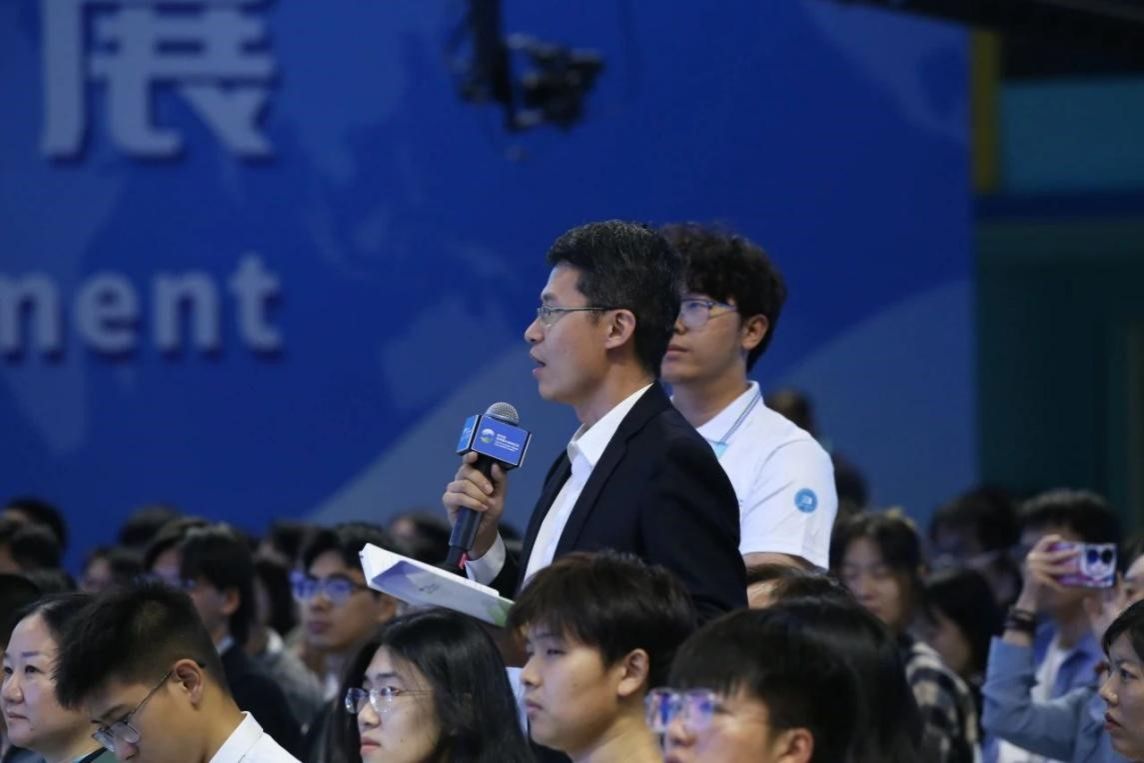
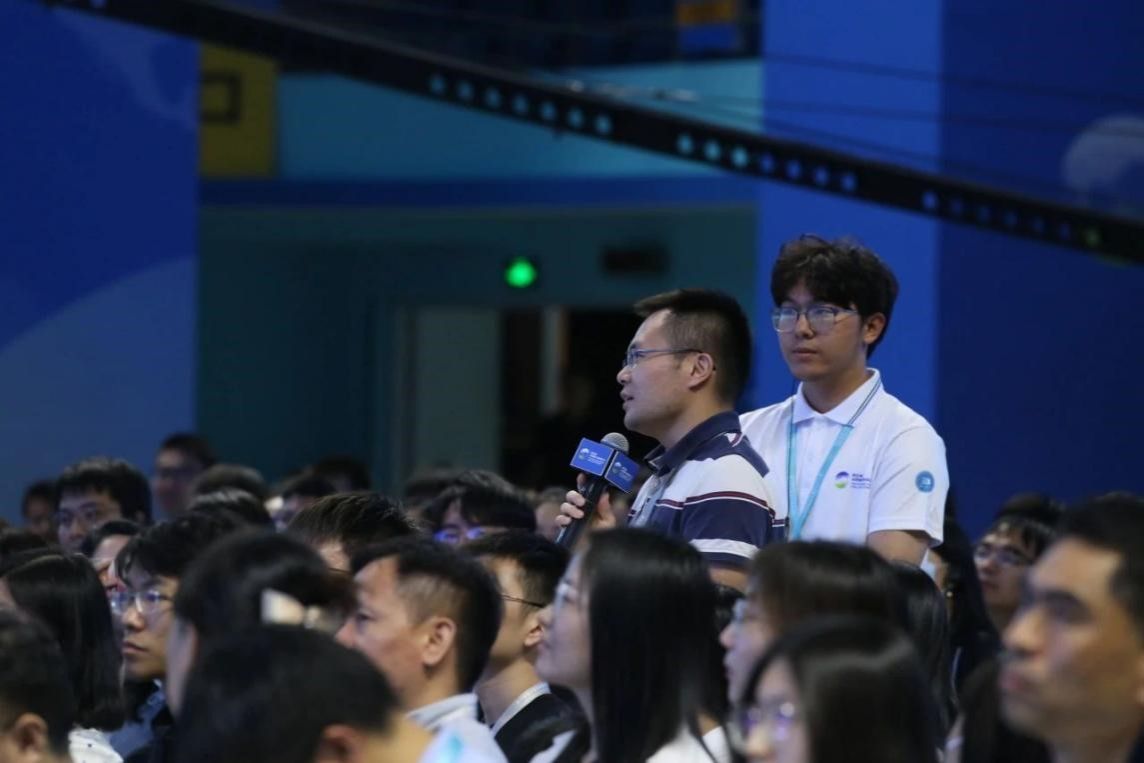
During panel discussions, the six speakers, joined by Ann Hermann from Peking University, representing US young scholars, actively interacted with both online and offline participants. They had a productive and dynamic discussion, sharing their diverse perspectives and offering valuable insights on the third topic of digital economy. They put forth numerous innovative ideas, elevating this high-level academic exchange to new heights before the its successful conclusion.







